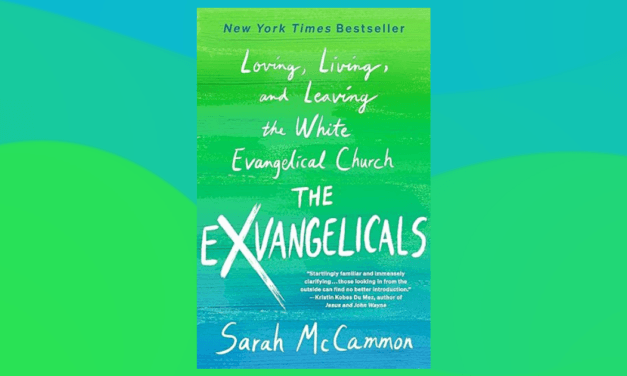This article first appeared in the Christian Research Journal, volume 26, number 2 (2003), as an introduction to a special book review section in that issue. For further information or to subscribe to the Christian Research Journal go to: http://www.equip.org
When I first read the title of Mortimer Adler’s How to Read a Book, I wondered what book I needed to read to learn how to read How to Read a Book! All kidding aside, far from teaching basic reading skills, Adler was, instead, interested in helping people learn how to get the most out of what they read and how to know in advance how helpful a given book will be. As book review editor, I regularly follow Adler’s advice.
Here is how I evaluate the many books that cross my desk each month. First, I look at who recommends the book, including any endorsements that are on the cover or fly-leaf. I also consider the individual who personally recommended the book to me.
Second, I look at the publisher. If I am looking for a book on evangelical theology, I prefer a book from one of the mainstream Christian publishers, such as Baker, InterVarsity Press, or Zondervan. If I am looking for a book I can recommend to a secular college professor, I might prefer a book compatible with a Christian worldview, but one that comes from a secular publisher.
Third, I read the cover copy and any introduction, prefaces, and forewords. They tell me what the book is about, the viewpoint of the author, and the purpose of the book. I then read the table of contents. In a good nonfiction book, the table of contents will be like an abbreviated outline.
Fourth, I read the footnotes or endnotes and the bibliography. Light devotional books appropriately may not have footnotes or a bibliography, but the author of good apologetics material must substantiate his or her points with solid documentation and evidence.
Fifth, I browse through the book, picking up important ideas and facts. This tells me where the author is starting from and where he or she is ending up.
Sixth, at this point I may decide to read the book through, learning what questions it can and cannot answer and where it would be appropriate to return for additional apologetics.
Finally, when I have found a good book, I recommend it to others. I seek other books by the same author or other volumes if the book is one in a series.
I enjoy my position as book review editor. I have the opportunity to endorse books beneficial to other Christians and to secure reviewers expert in particular areas who are well qualified to assess the value of new books. When a Journal reviewer recommends a book, you can be assured that (even though we may not agree with everything in that book) it will increase your effectiveness as a Christian by equipping you with the tools needed to bring the light of the Gospel to those who are in spiritual darkness.
In this issue of the Journal you will find our recommendations for a number of excellent books that have been published in the past couple of years. We hope our suggestions will help you get the most out of your library budget and reading time.








